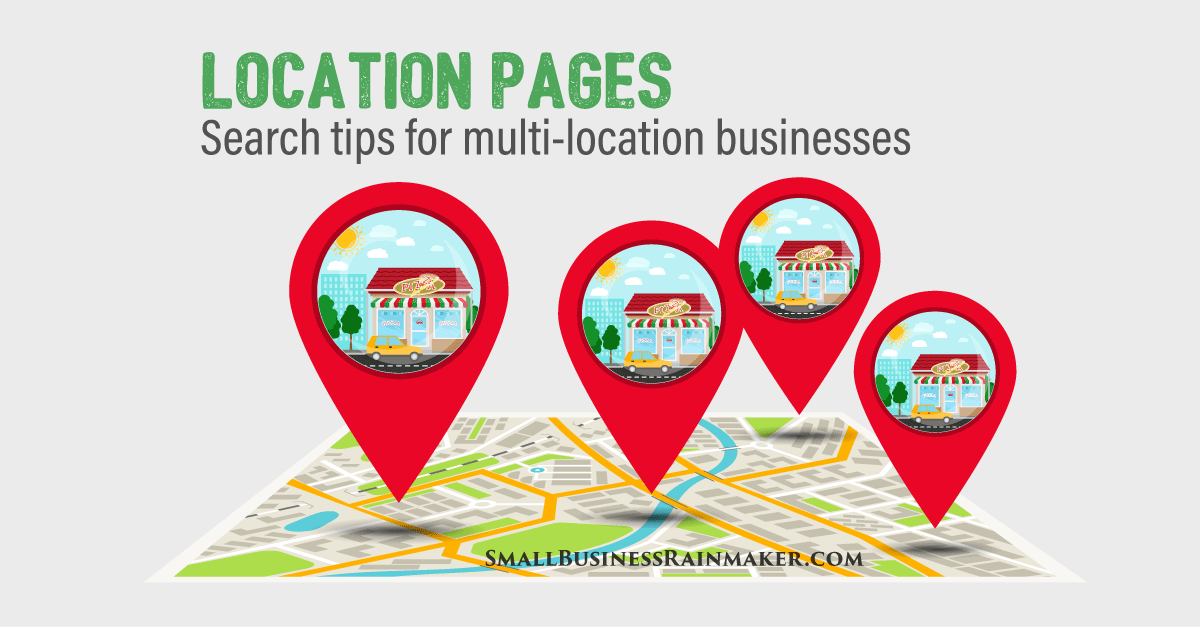
Let’s be honest: local SEO (Search Engine Optimization) is a nightmare for multi-location businesses.
It’s hard enough to rank for location-specific terms in one storefront. But multiple storefronts? This is the sound of search engines laughing.
However, multi-location businesses do have a way to work around local SEO woes: location pages.
How Multi-Location Businesses Use Location Pages for Local SEO
Here’s what they are and how to do them right (or, at least, rank well without getting in trouble with Google).
What is a Location Page?
A location page, also known as a local landing page, is a way to target long-tail, location-specific terms.
These are most appropriate for service-area businesses and multi-location brick and mortars. That’s because these two businesses have something important in common: they need to publicize the fact that they have more than one office or service area.
Typically, these pages can help make up for the fact that you’re struggling to rank for local SEO in locations beyond your main storefront.
What a Location Page is NOT
If you’re hearing distinct echoes of local SEO, let’s take a moment to get clear on what location pages are NOT.
Local SEO is geographically-specific SEO designed to ensure that your customers can find your location in real life. And since almost half of all Google searches have local intent, it’s a valuable market to target.
Location pages are not local SEO, but they can complement local SEO.
The easiest way to remember it is geographic markers.
Local SEO is different from regular SEO because it relies on geographic markers to target a specific audience. Location pages don’t use geographic markers. They use location-specific long-tail keywords.
Because location pages don’t use geographic markers, they won’t win you any points on local SEO. However, they can help you appear in location-specific searches if you targeted a relevant long-tail keyword.
The Location Page According to Google
Now that you know what location pages are, let’s work on your fear of location pages.
There’s some debate over whether businesses should use location pages or not. That’s because there’s some confusion over whether or not location pages qualify as doorway pages.
It’s an important distinction because, in the eyes of the almighty Google, doorway pages are a nasty case of black hat SEO.
Doorway pages are sites or pages created for the explicit purpose of ranking highly for certain keywords. That all sounds fine (after all, aren’t all pages designed to rank highly for keywords?).
The problem is that doorway pages can lead to multiple similar pages in search results, and all of them lead the user to the same place.
Google released a series of questions to help you figure out whether you’re looking at a doorway page:
- Is the purpose of the page to direct users to actually useful content?
- Is the page an integral part of your site experience?
- Are the pages designed to rank for generic terms, despite the fact that the content is highly specific?
- Are the pages designed solely to send users along to affiliate content without creating value?
- Are the pages difficult or impossible to navigate to from the main site?
- Do the pages duplicate useful aggregations of items (such as products or locations) that already exist on the site for the express purpose of generating more search traffic?
If you can answer “yes” to these questions, you’re looking at a doorway page.
You can see why location pages are a bit of a difficult topic. On the one hand, they are designed to generate traffic. That’s the entire point. And they do feature an aggregation of location-specific keywords.
But, on the other hand, your visitors do genuinely need to know where you’re located, so location pages do offer useful content.
So…Is It a Location Page or a Doorway Page?
The question then becomes whether you’re looking at a location page or a doorway page.
The best way to answer this is to approach it the way you would approach SEO on any other page.
Does the page generate value for your customers? How does it generate value? Is it designed to trick them, or to help them?
When all else fails, apply the “unique and useful” standard. That is, all your location pages should be distinctly unique from each other and should provide genuinely useful content to your customers.
Fortunately, if you designed your location pages the right way, the “unique and useful” standard isn’t too hard to meet.
Conquering SEO, One Page at a Time
Let’s be honest: SEO is a bear, no matter what angle you’re looking at it.
It’s a long-game strategy, and you have to take a multi-faceted approach in order to succeed. You need local SEO, but you also need location pages, along with a laundry list of other tactics to break through the crowd.
Whatever you try, remember that your goal is not to trick search engines, but to help your customers. As long as you do that, you’ll be on track for SEO success.
 Benjamin Shepardson is the founder of NoStop Content. With an extensive career in digital marketing and web development, Ben's knowledge of the industry has enabled small businesses to scale and grow through well-crafted content and strategy. You can find him on Twitter @nostop_content and @ben_shepardson.
Benjamin Shepardson is the founder of NoStop Content. With an extensive career in digital marketing and web development, Ben's knowledge of the industry has enabled small businesses to scale and grow through well-crafted content and strategy. You can find him on Twitter @nostop_content and @ben_shepardson.







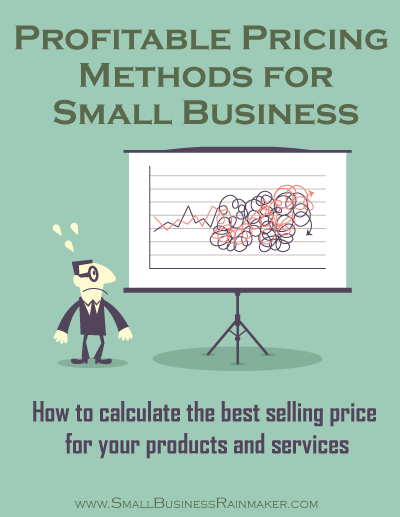

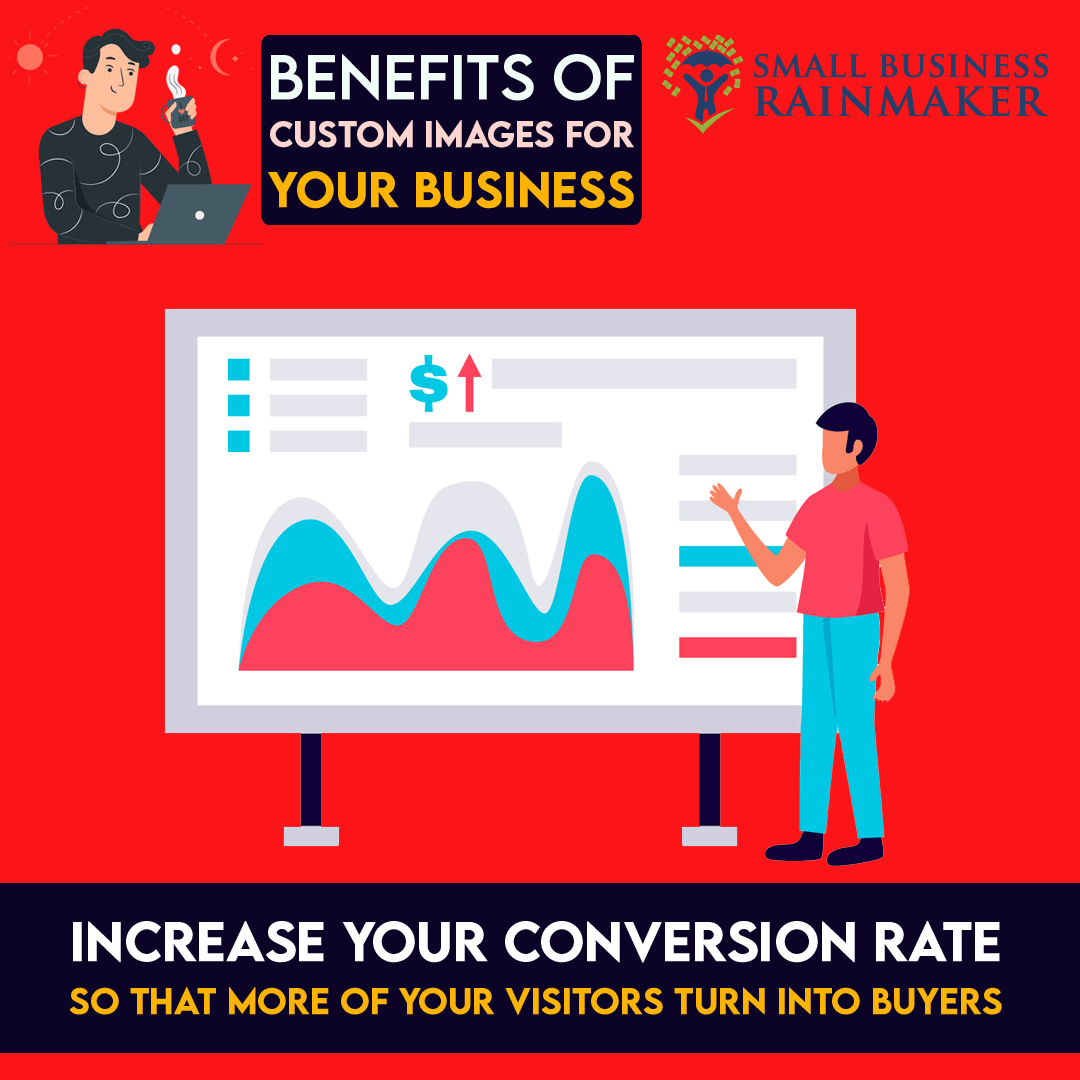
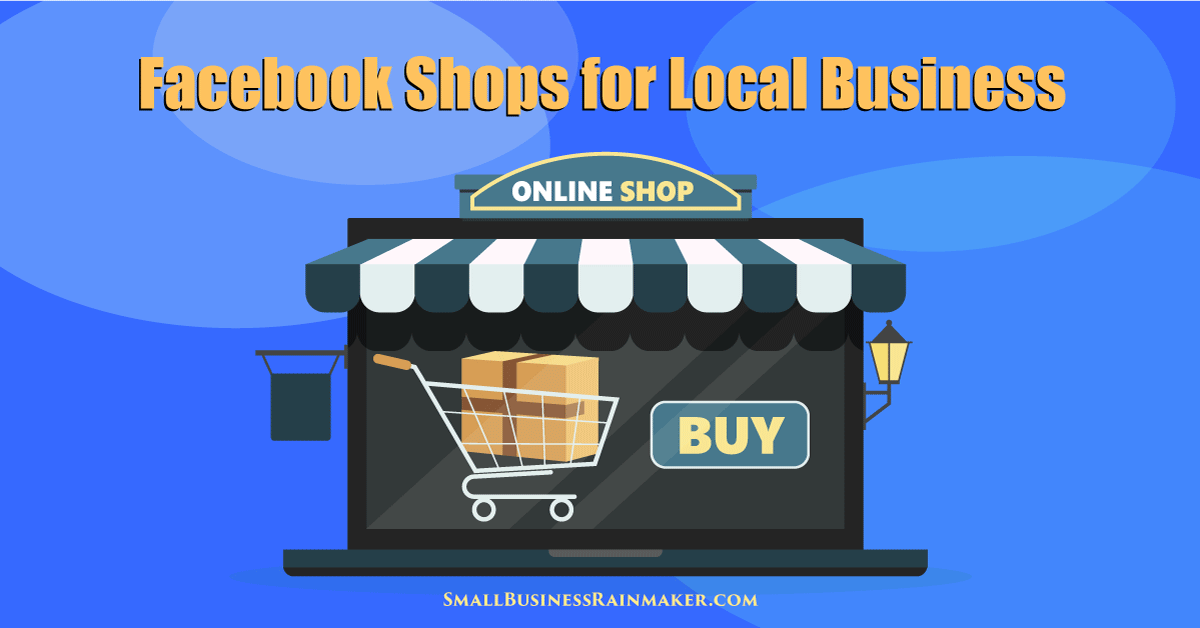

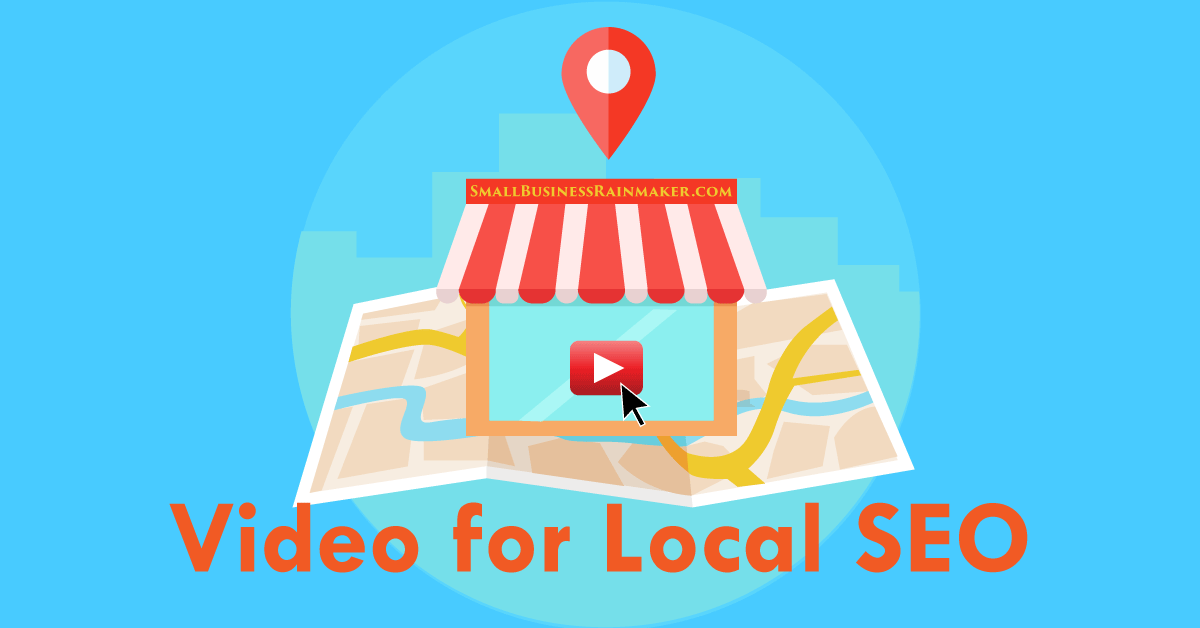


Leave a comment